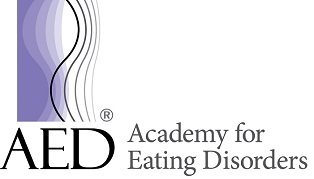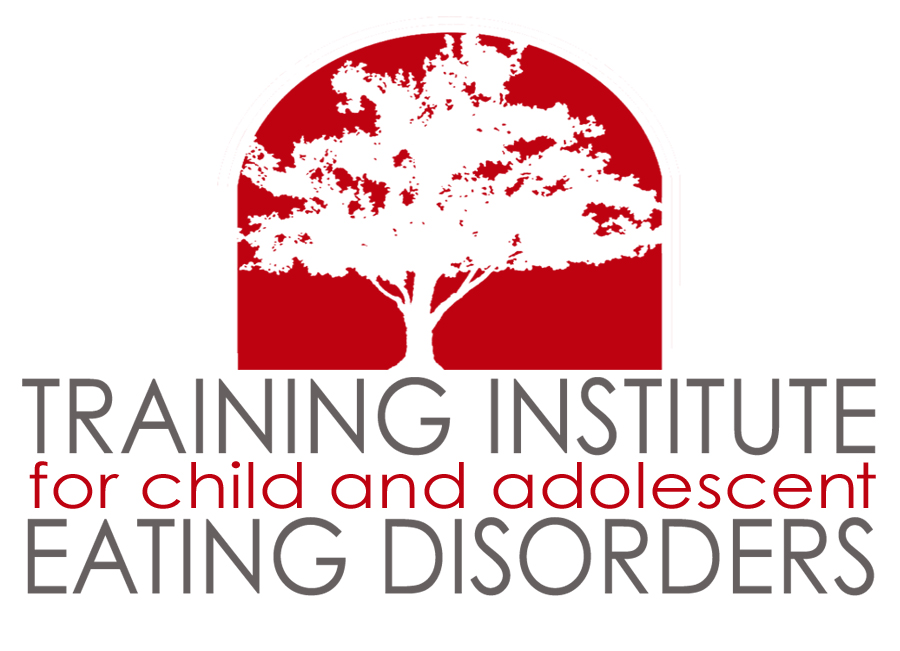What is Atypical Anorexia?
Atypical anorexia is a type of eating disorder that falls under the category of “Other Specified Feeding or Eating Disorders” (OSFED) in the Diagnostic and Statistical Manual of Mental Disorders, Fifth Edition (DSM-5). It is characterized by many of the same behaviors and symptoms as anorexia nervosa, such as restrictive eating, an intense fear of gaining weight, and a distorted body image. However, individuals with atypical anorexia may not be underweight or may not meet the strict diagnostic criteria for anorexia nervosa.
Despite not having a significantly low body weight, individuals with atypical anorexia can still experience serious physical, emotional, and psychological consequences as a result of their disordered eating behaviors. It is important to recognize and treat atypical anorexia as a serious condition, even though it may not fit the traditional diagnostic criteria for anorexia nervosa.

What Causes Atypical Anorexia?
Atypical anorexia, like other eating disorders, is caused by a complex interplay of factors including genetic predisposition, biological factors, personality traits, sociocultural influences, traumatic experiences, peer and family pressure, and dieting. These factors vary among individuals, and not everyone exposed to them will develop the disorder. Treatment typically addresses underlying factors and promotes healthier eating habits and a positive body image.
How We Treat
Resilience DBT & Eating Recovery is a team of Outpatient Eating Disorder Therapists in New Jersey, Florida, and Maryland. Our therapists are ready and equipped with clinical services to provide healing.
When it comes to atypical anorexia treatment, Resilience DBT & Eating Recovery can provide you with the unique treatment that you need to be successful in your recovery. Our staff is trained and experienced in a variety of therapeutic approaches including Family Based Treatment, CBT-E, Dialectical Behavioral Therapy, Expressive Arts Therapies, and Healthy at Every Size.
At Resilience DBT & Eating Recovery, we have experience working with individuals of all ages who have been struggling with an eating disorder. We recognize that you have a unique set of experiences, and will require your own specialized approach to treatment. We have worked with
Our program can provide you with eating disorder prevention and treatment for men, women, boys, and girls. We are a gender-inclusive and LGBTQ-friendly environment.
If you are concerned about yourself, or a loved one, we invite you to contact Resilience DBT & Eating Recovery to learn more about the services we offer.
Health Risks Associated With
Atypical Anorexia
At Resilience DBT & Eating Recovery, we provide Atypical Anorexia treatment for children, pre-teens, adolescents, young adults, and adults.
Health risks associated with Atypical Anorexia include:
Malnutrition:
Restrictive eating can lead to nutrient deficiencies and inadequate vitamin/mineral intake.
Electrolyte imbalances:
Disordered eating may cause imbalances (e.g., potassium, sodium, calcium), leading to complications like irregular heartbeat, seizures, and kidney issues.
Bone loss:
Malnutrition and low body weight can result in decreased bone density, raising fracture and osteoporosis risks.
Cardiovascular issues:
Inadequate nutrition may contribute to low blood pressure, slow heart rate, and other cardiovascular problems
Hormonal imbalances:
Disordered eating can disrupt hormones, causing irregular or absent menstrual periods in females and decreased testosterone in males.
Gastrointestinal problems:
Restrictive eating may lead to constipation, bloating, and other digestive issues.
Psychological issues:
Atypical anorexia can cause depression, anxiety, low self-esteem, guilt, and shame, impacting mental well-being and life quality.
Impaired immune function:
Malnutrition can weaken the immune system, increasing susceptibility to infections and illnesses.
Recognizing and treating atypical anorexia as a serious condition is crucial, as early intervention can help prevent or mitigate health risks and improve well-being.
Our Treatment Modalities
effective recovery is one step away
The Resilience DBT & Eating Recovery Program offers expert assessment and evidenced-based treatment for the full range of eating disorders and body image problems. We are experienced and certified to treat pediatric, adolescent, and adult eating disorders with boys and girls, and with men and women. We are trained to recognize the biological and brain-based underpinnings of eating disorders and utilize the Evidenced-Based treatments – Family-Based Therapy (FBT) or Maudsley Approach, CBT-E, and DBT for Eating Disorders. Parents are always included as an essential and an integral part of a child or teen’s recovery from an eating disorder.
FAMILY BASED TREATMENT (FBT)
Family-Based Treatment (FBT) stands as the gold standard for addressing eating disorders in children and adolescents, particularly for early-onset cases of anorexia, bulimia, and ARFID (Avoidant Restrictive Food Intake Disorder). FBT is now recognized as the first line of treatment.
This approach places parents at the forefront of their child’s re-nourishment and weight restoration process, guided by a certified FBT practitioner and in collaboration with an outpatient pediatrician or adolescent medicine specialist. The child or adolescent, alongside their parents, undergo a thorough screening to ensure their suitability for this protocol, which is conducted in the least restrictive environment – the comfort of your home!


Cognitive Behavioral Therapy (CBT-E)
At Resilience Therapy, we specialize in Cognitive Behavioral Therapy Enhanced (CBT-E) to support children, teens, and adolescents struggling with eating disorders. Our compassionate and highly skilled therapists are dedicated to helping your loved ones develop resilience and overcome challenges associated with various eating disorders, such as anorexia nervosa, bulimia nervosa, binge-eating disorder, and other specified feeding or eating disorders (OSFED).
We understand that each individual’s experience is unique, and that’s why our approach to CBT-E is tailored to meet the specific needs of our clients across all age groups. Our therapy sessions are time-limited, structured, and goal-oriented, typically involving individual sessions with a therapist.
Dialectical Behavior Therapy for Eating Disorders (DBT-ED)
Dialectical Behavior Therapy for Eating Disorders is an eating disorder treatment we use for adults who struggle with co-occuring mental health issues and an eating disorder.
DBT-ED is the treatment of choice for individuals that struggle with co-occurring mental health issues in addition to the eating disorder; such as depression, anxiety, suicidal ideation or PTSD. This comprehensive treatment method addresses the complexity of these mental health issues, in concert, prioritizing the most dangerous symptoms first. DBT Skills Training is excellent method for follow-up Aftercare and Relapse Prevention after a residential or intensive Eating Disorder treatment program.

How We Treat
Explore the benefits of an evidence-based approach to therapy
Family Based Treatment (FBT)
FBT, or the Maudsley approach, is a Gold Standard treatment. FBT is a culturally-sensitive method that keeps a child in their family environment.
Cognitive Behavioral Therapy (CBT-E)
We specialize in Cognitive Behavioral Therapy Enhanced (CBT-E) to support children, teens, and adolescents struggling with eating disorders
Comprehensive Dialectical Behavior Therapy (DBT)
Our compassionate and highly skilled therapists are dedicated to helping your loved ones develop emotional resilience, improve their self-esteem, and overcome challenges associated with various eating disorders.
How do I begin?
Our team is dually and expertly trained in the Treatment of Eating Disorders and DBT for Mental Health. Our Evidenced-Based approaches include FBT, CBT-E, DBT-ED, and Comprehensive DBT for co-occurring mental health conditions. Our outpatient practice has helped Children, Teens and Adults achieve full Eating Disorder Recovery and Mental Health Stability for over 25 years.
1
Schedule your 15 minute free phone consultation
This phone screening is highly confidential to help determine if coming to the Resilience practice is the best course for you or your loved one.
2
Complete an Expert and Comprehensive Intake
During your intake appointment we will gather more information to identify your stressors and needs. And work with you to develop your resilience treatment plan.
3
Get connected with Your Personalized Care Team
Meet with a practitioner to get started on your journey of healing and wellness you know you deserve.









